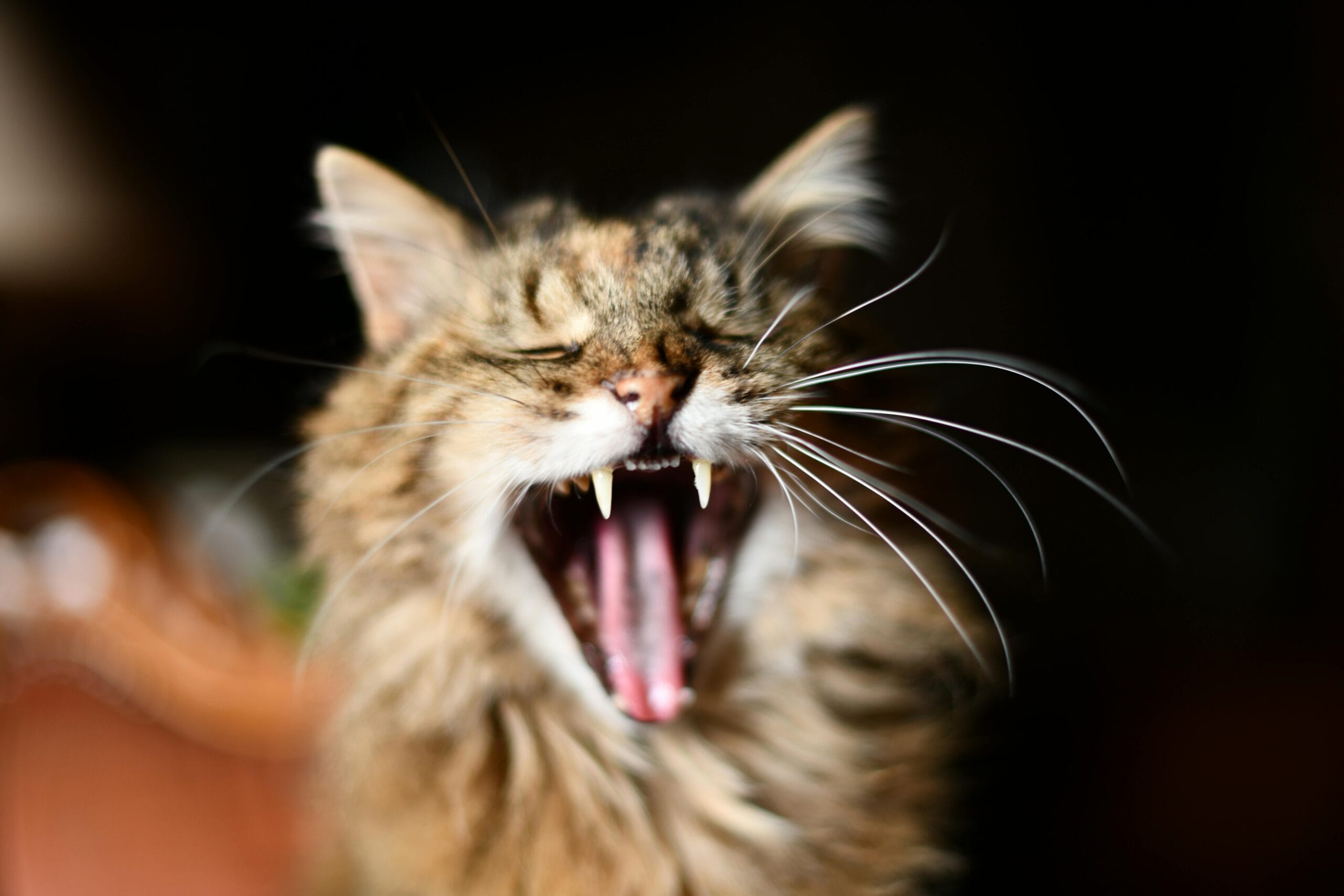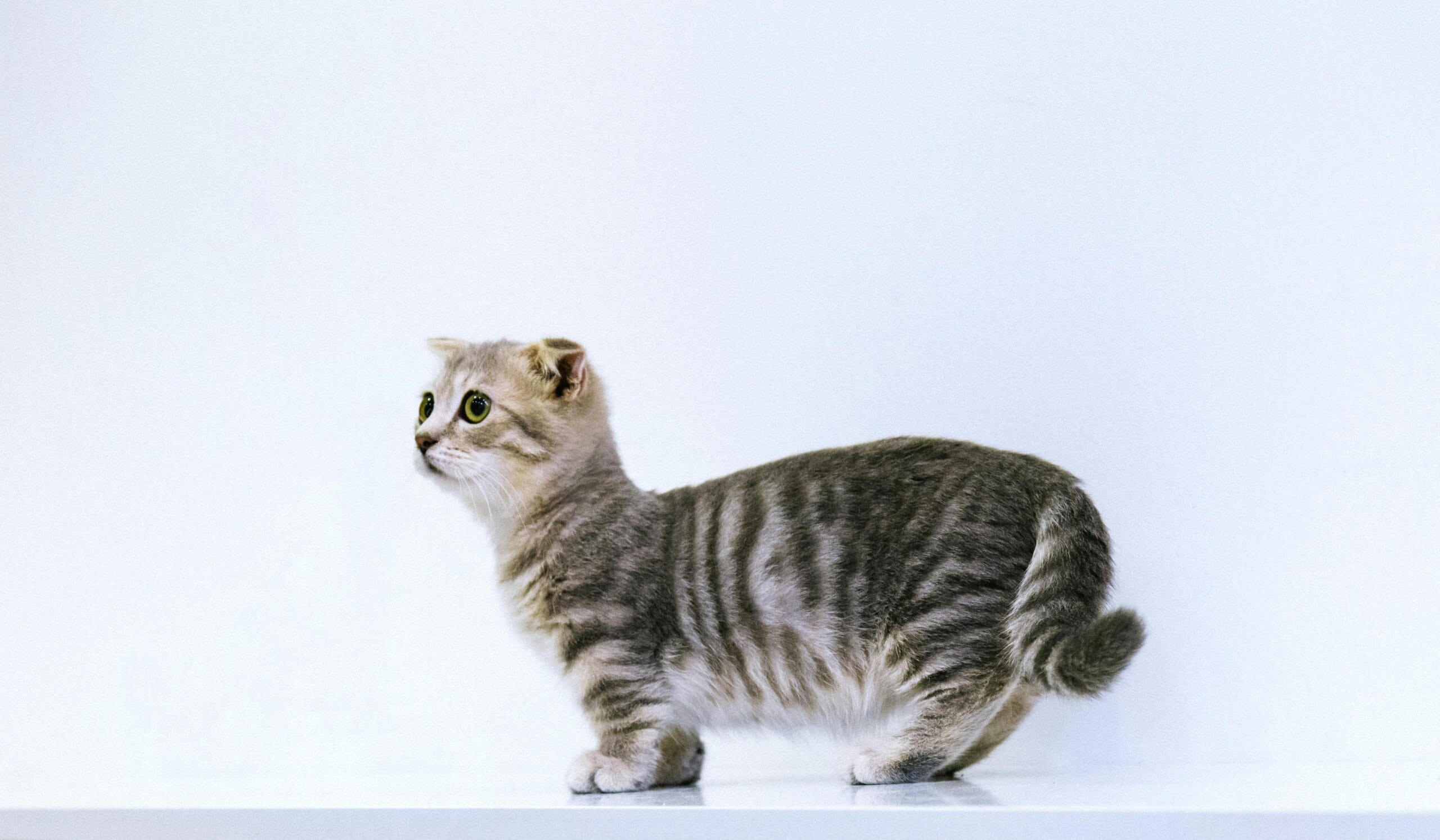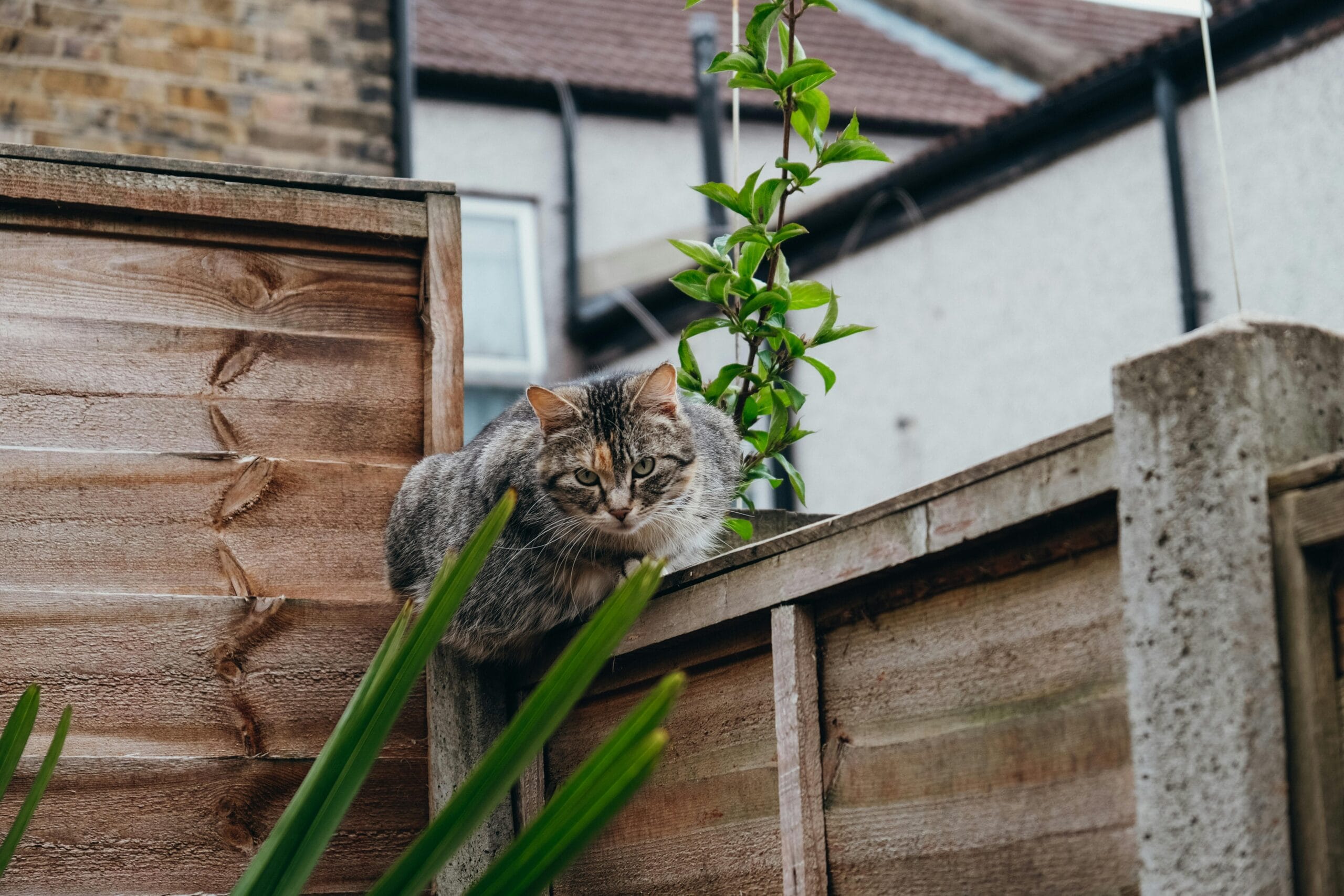Can Cats Eat Spinach ?

Can cats eat spinach? Is spinach safe for cats? Find out if spinach cats can safely enjoy this leafy green. Learn the truth about spinach and feline health! Discover expert advice on cat nutrition.
Can Cats Eat Spinach? A Comprehensive Guide for Cat Owners
The question, “Can cats eat spinach?,” is a common one among cat owners. While spinach offers numerous health benefits for humans, its suitability for feline companions is a matter of careful consideration. This detailed guide will explore the nutritional aspects of spinach, potential benefits and risks, and ultimately answer the question of whether spinach cats can safely consume.
Understanding the Nutritional Content of Spinach
Spinach is a nutritional powerhouse, packed with vitamins, minerals, and antioxidants. It’s particularly rich in Vitamin K, Vitamin A, Vitamin C, folate, iron, and manganese. These nutrients play crucial roles in human health, supporting everything from bone health to immune function. But does this translate to benefits for cats? The answer is nuanced.
While spinach contains beneficial nutrients, the concentration and bioavailability of these nutrients for cats might be different than for humans. For example, the high level of oxalates in spinach is a significant factor to consider when evaluating its safety for feline consumption. Oxalates can interfere with the absorption of calcium and other essential minerals. This is particularly important for growing kittens and senior cats, whose nutritional needs are already more demanding.
Is Spinach Safe for Cats? Exploring the Potential Risks
While small amounts of spinach might not cause immediate harm, regular consumption of significant quantities poses potential risks. The primary concern is the aforementioned oxalates. High oxalate intake can lead to:
- Kidney stones: Oxalates can bind with calcium in the urinary tract, forming crystals that can develop into kidney stones. This is a particularly serious risk for cats with pre-existing kidney conditions.
- Gastrointestinal upset: Large amounts of spinach can cause diarrhea, vomiting, and other digestive issues in cats. This is due to the high fiber content and the potential for oxalates to irritate the digestive system.
- Nutrient imbalances: The interference with calcium absorption mentioned earlier can lead to various nutrient imbalances, potentially impacting bone health and other vital functions.
It’s important to note that the risks are generally associated with consistent, high-volume consumption of spinach. A small, occasional nibble is less likely to cause problems compared to feeding it regularly as part of their diet. Always prioritize a balanced and complete commercial cat food specifically formulated to meet your cat’s nutritional requirements. This ensures they receive the right balance of nutrients without the potential risks associated with foods like spinach.
Can Cats Eat Spinach? The Verdict
The short answer is: Yes, but sparingly. A tiny piece of spinach occasionally as a treat shouldn’t cause harm to most healthy cats. However, it shouldn’t be a regular part of their diet. The potential risks associated with oxalates and digestive upset outweigh the minimal nutritional benefits spinach provides for cats who already receive a balanced diet from commercial cat food. Always prioritize a high-quality cat food that’s tailored to their age and health status.
Alternatives to Spinach for Healthy Cat Treats
Instead of offering spinach, consider safer and more nutritious alternatives for your cat’s occasional treats. Many fruits and vegetables are perfectly safe and even beneficial in moderation, including:
- Cooked, plain pumpkin puree (not pie filling): Excellent source of fiber.
- Blueberries: Rich in antioxidants.
- Small amounts of cooked carrots or green beans: Offer some vitamins and fiber.
Always introduce new foods gradually and observe your cat for any signs of digestive upset or allergic reactions. If you have any concerns about your cat’s diet, it’s always best to consult with a veterinarian. They can provide personalized advice tailored to your cat’s specific needs and health status.
Understanding Your Cat’s Nutritional Needs
Providing your cat with a balanced and appropriate diet is essential for their overall health and well-being. Commercial cat food formulated to meet AAFCO standards generally provides all the necessary nutrients. Supplemental feeding with foods like spinach should be approached with caution and moderation. Feeding your cat the wrong things can lead to serious health issues, as highlighted by the PetMD article on feline nutritional needs.
Monitoring Your Cat’s Health After Spinach Consumption
Even if you only give your cat a small amount of spinach, monitor them closely for any adverse reactions. Signs to watch out for include vomiting, diarrhea, changes in appetite, lethargy, or difficulty urinating. If you observe any of these symptoms, contact your veterinarian immediately.
It’s important to remember that every cat is different. What might be perfectly fine for one cat could cause problems for another. Individual sensitivities and pre-existing health conditions play a significant role in how a cat reacts to various foods. Therefore, it’s crucial to err on the side of caution and avoid feeding your cat spinach regularly.
Addressing the Common Misconceptions about Spinach and Cats
Many cat owners believe that spinach, being a “healthy” green vegetable, is automatically beneficial for their feline companions. This is a misconception. While spinach contains beneficial nutrients, the presence of oxalates and potential for digestive upset make it a risky food for cats. It’s important to base your decisions on credible veterinary information and not rely on generalized assumptions.
Another common misconception is that a tiny amount of spinach will be inconsequential. While a small piece might not cause immediate harm, repeated small amounts over time could still contribute to the accumulation of oxalates and increase the risk of kidney problems. It’s always best to avoid potential risks altogether when providing a safe and balanced diet for your beloved pet.
Choosing the Right Diet for Your Cat: A Veterinarian’s Perspective
Choosing the right diet for your cat is a crucial aspect of responsible pet ownership. Consulting with a veterinarian is always advisable, especially if you have any questions or concerns about your cat’s dietary needs. They can provide personalized recommendations based on your cat’s age, breed, health condition, and lifestyle. The American Veterinary Medical Association offers valuable resources on finding a reputable veterinarian.
Conclusion: Prioritize a Balanced Diet for Your Cat’s Health
In conclusion, while a tiny piece of spinach might not be immediately harmful to a healthy cat, it’s not a necessary part of their diet, and the potential risks outweigh the limited benefits. The best way to ensure your cat receives all the essential nutrients they need is by providing them with a high-quality commercial cat food formulated to meet their specific dietary requirements. Avoid offering spinach regularly and always prioritize a balanced diet to support your cat’s overall health and well-being.
Is Spinach Safe for Cats? Share Your Experiences!
Have you ever given your cat spinach? Share your experiences and insights in the comments below! Let’s build a community of informed cat owners who prioritize the health and happiness of their furry friends. We want to hear your stories about spinach cats and your approach to providing the best possible nutrition for your feline companions. Discuss your concerns, successes, and lessons learned regarding is spinach safe for cats. Your input is invaluable!

Can Cats Eat Spinach? 10 Frequently Asked Questions
Here are 10 frequently asked questions about cats and spinach, along with detailed answers:
1. Can cats eat spinach?
Yes, cats can eat spinach, but in moderation. While not toxic, spinach isn’t a crucial part of a feline diet. The question of “is spinach safe for cats” is best answered with a cautious yes.
2. Is spinach good for cats?
Spinach offers some nutritional benefits for cats, containing vitamins A, C, and K, as well as iron and antioxidants. However, the benefits are minimal compared to other vegetables and are easily surpassed by a balanced cat food. Therefore, it’s not a necessary addition to their diet.
3. How much spinach can a cat eat?
Only offer a tiny amount of spinach as a very occasional treat. A small piece no bigger than a fingernail is sufficient. Too much spinach can be harmful due to its oxalic acid content (see Q5). Remember, “spinach cats” should only receive this as a rare supplement.
4. What are the benefits of giving my cat spinach?
The minor benefits of spinach cats might consume include a small boost of vitamins and antioxidants. However, these benefits are negligible compared to a complete and balanced commercial cat food.
5. What are the risks of feeding my cat spinach?
Spinach contains oxalic acid, which can interfere with calcium absorption. Large quantities can lead to calcium oxalate crystal formation in the urine, potentially causing urinary tract issues. This is why moderation is crucial when considering “Can cats eat spinach?”.
6. Can spinach make my cat sick?
While not usually toxic, large amounts of spinach can cause digestive upset like vomiting or diarrhea. If you suspect your cat has ingested a large quantity of spinach, contact your veterinarian.
7. My cat ate a lot of spinach, should I be worried?
Monitor your cat closely for any signs of digestive upset (vomiting, diarrhea, lethargy). If you see any symptoms, or if the amount of spinach consumed was significant, contact your veterinarian immediately.
8. Is cooked spinach better than raw spinach for cats?
Both raw and cooked spinach pose similar risks due to oxalic acid content. Cooking may slightly reduce the oxalic acid, but it’s best to avoid giving your cat large amounts regardless of preparation. The question “Can cats eat spinach” applies equally to both forms.
9. Can kittens eat spinach?
Kittens should not be given spinach due to their smaller size and developing digestive systems. The risks of oxalic acid interference are higher in young cats.
10. Is spinach a good substitute for cat grass?
No. Cat grass serves a different purpose; it helps cats with digestion and hairball removal. Spinach doesn’t provide the same benefits. “Spinach cats” should never see it as a replacement for cat grass.

Can Cats Eat Spinach? A Guide to Feline Spinach Consumption
The question of whether cats can eat spinach is a common one among cat owners. While spinach isn’t toxic to cats, it’s not a crucial part of their diet and should be offered sparingly. Here’s a breakdown of practical tips and health considerations:
Practical Tips for Feeding Spinach to Cats
- Moderation is Key: Spinach should only be given as an occasional treat, not a regular part of their diet. Too much can lead to digestive upset.
- Preparation is Important: Always wash spinach thoroughly to remove pesticides and dirt. Cooked spinach is generally easier for cats to digest than raw spinach.
- Introduce Gradually: If you’re introducing spinach for the first time, start with a very small amount to see how your cat reacts. Monitor for any signs of digestive issues.
- Combine with Other Foods (Optional): You can finely chop cooked spinach and mix it with their regular wet food to make it more appealing.
- Avoid Oxalates: Spinach contains oxalates, which can interfere with calcium absorption. Excessive consumption can potentially lead to kidney or bladder issues, especially in cats prone to such problems. Therefore, limit the amount significantly.
Health Considerations
- Digestive Upset: Large quantities of spinach can cause diarrhea or vomiting in some cats due to its high fiber content.
- Kidney Issues: The oxalates in spinach can contribute to kidney problems in cats with pre-existing conditions. Consult your veterinarian if your cat has kidney issues.
- Nutritional Needs: Cats are obligate carnivores and their primary nutritional needs are best met with a diet specifically formulated for felines. Spinach is not a substitute for a balanced cat food.
- Allergies: While rare, some cats may have allergies to spinach. Watch for any signs of allergic reaction, such as skin irritation or breathing difficulties.
- Consult Your Vet: Before introducing any new food, including spinach, to your cat’s diet, it’s always best to consult your veterinarian, especially if your cat has any underlying health conditions.
SEO Keywords:
cat spinach, cats eat spinach, can cats eat spinach, spinach for cats, is spinach safe for cats, cat food spinach, cat health spinach, cat nutrition spinach, feeding cats spinach, spinach and cats